Assassinating Qassem Soleimani: The point of no return
By Hossein Jelveh
(Hossein Jelveh is an independent Iranian journalist based in Tehran. He has graduated with a master’s degree from the Faculty of World Studies at the University of Tehran. You can follow him on Twitter @hossein_jelveh.)
The United States military’s assassination of Iran’s top anti-terror general, Qassem Soleimani, last Friday was a watershed moment, and the realization was real: the Trump administration is provoking war.
Neither Trump nor his lieutenants would say so, of course. In fact, they have been claiming the opposite. But what could they possibly be looking for other than war by assassinating a major general with the armed forces of a sovereign country? The last time the US did that, openly, as in General Soleimani’s case, was when it assassinated Japanese Admiral Isoroku Yamamoto in 1943.
There could be any number of reasons for why the Trump administration wants a foreign conflict: it could be hoping to divert attention, and energy, away from Trump’s impeachment. He could be hoping to win reelection by attempting to look strong against a foreign enemy. Or he could be simply an impulsive fool who has drained the entire US bureaucracy and top military command of wise, competent people, who could have parsed for him the consequences of potential missteps.
The US claims that General Soleimani had been planning “imminent attacks” against the US. That is a lie, and US officials themselves have basically rejected that claim. (According to Iraqi Prime Minister Adel Abdul-Mahdi, at the time of his assassination, General Soleimani was involved in efforts to de-escalate tensions with Saudi Arabia.)
But listen carefully. The apparent logic behind the rationalization is that you can assassinate a foreign leader, military or civilian, because you reason he is planning attacks against you. With that reasoning, Iran could now be assassinating any number of US and Israeli officials.

Of course, no one in Iran wants a war. The country is already busy fighting the US on the economic front, where sanctions have done much damage. But the assassination of General Soleimani, a military figure who had often avoided politics and who was — perhaps for that reason — very popular with the Iranian people, gives Iran little reason to believe that America is not planning to provoke one anyway.
That is the path the Trump administration set about on when it quit a multilateral deal with Iran and started to provocatively sabotage the Iranian economy. War was not inevitable then; it is not, theoretically, inevitable now, but it is highly unlikely not to happen because the Trump administration has been engaging in so many acts of provocation against Iran since before it left the deal — the assassination of General Soleimani being the latest and the biggest.
It is because of the accumulation of all those provocations that the assassination is a turning point for Iran and America. It is a point of no return.

At the same time, Iran is unlikely to give Trump his war just yet. It would be wise to allow some time for Trump’s impeachment trial to proceed. And for the US presidential election, too.
And if Iran is going to retaliate, it is logical to assume that all American military or civil officials involved in the chain of command in the airstrike that killed Soleimani — and that includes Trump — should be potential targets: the secretary of defense, the joint chiefs chairman, the radar and the drone’s operators, the soldiers who loaded missiles on the drone, the staffers involved in the plotting of the assassination, the potential informants, etc.
Does that sound like a long shot for Iran? Perhaps, but at times of war, countries muster incredible strength.
Any retaliation will likely see a retaliation of its own. And that will be basically war. There is no offramp. There is no going back in time. The US is incapable of undoing its targeted killing of General Soleimani.
(The views expressed in this article do not necessarily reflect those of Press TV.)
Settler attacks in West Bank have displaced 880 Palestinian families: UN
Lebanon’s president condemns Israeli strikes as 'blatant act of aggression'
VIDEO | Epstein and Trump: Scandal, power, and political fallout
Trump admin. advances Saudi nuclear deal, leaves door open to enrichment: Report
Leader donates 50 billion rials to free financially struggling prisoners
Guardians of sky: How Iran’s radar network turned 12-day war into a blueprint for deterrence
The story of ancient Persia’s chromium steel
Iranian Navy chief calls for broader naval collaboration at MILAN 2026 naval exercise


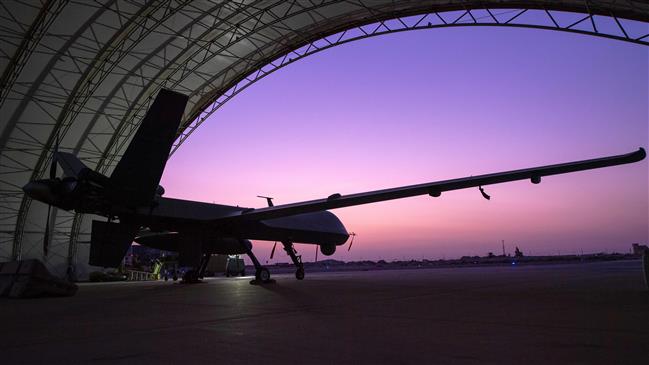
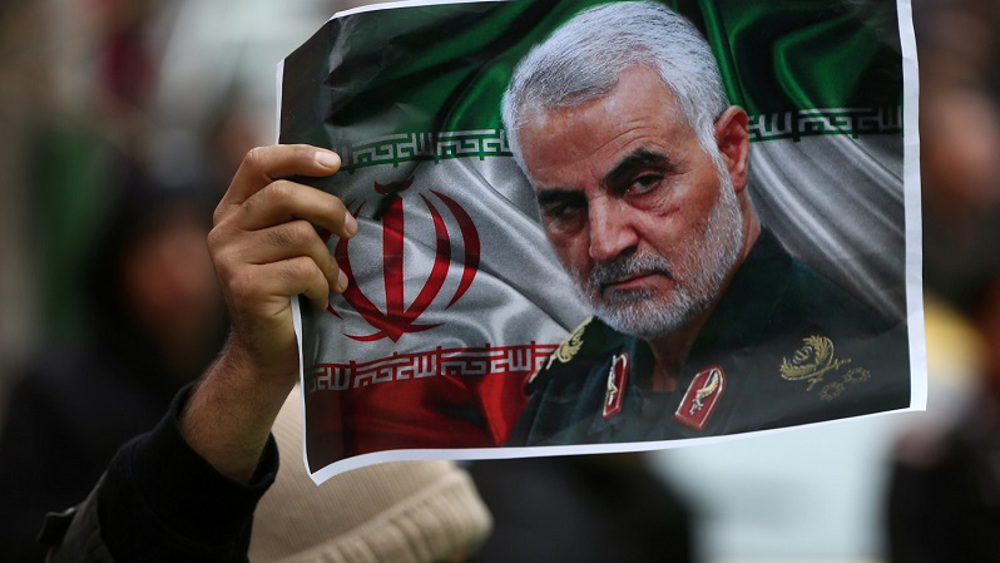
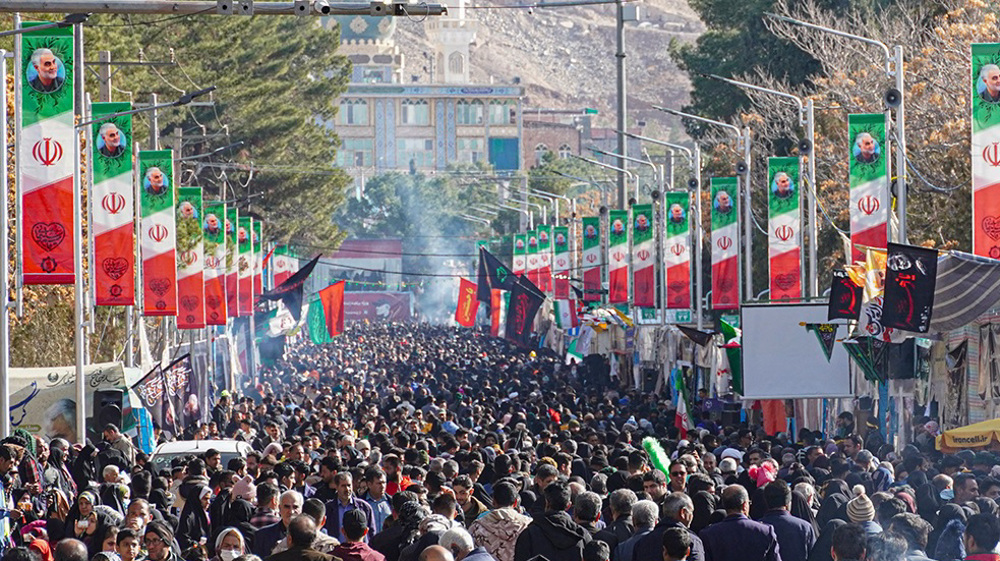
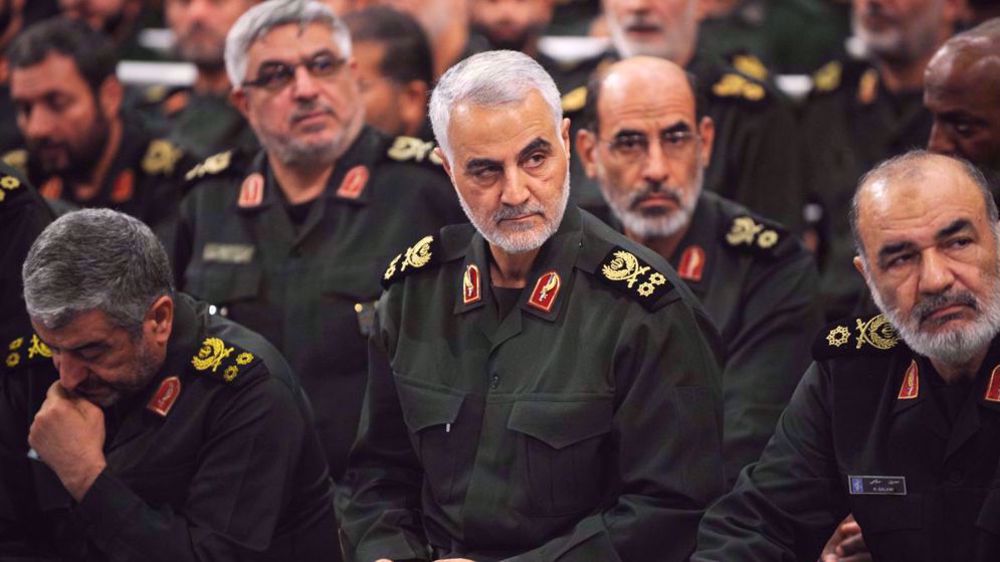



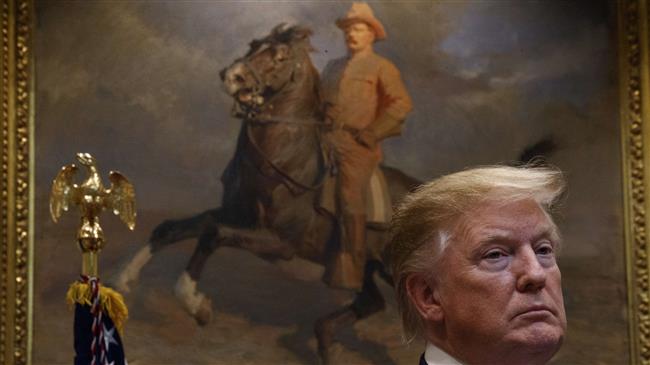

 This makes it easy to access the Press TV website
This makes it easy to access the Press TV website